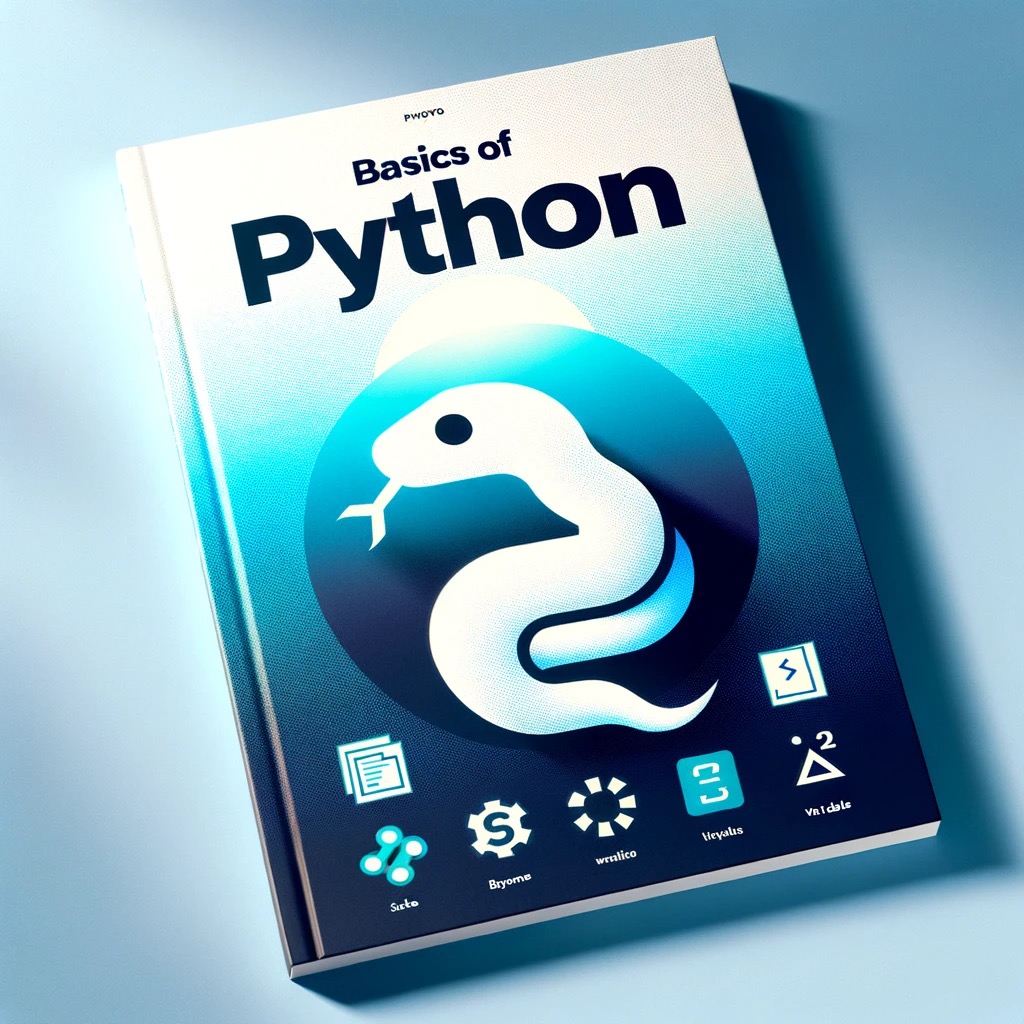Basics of Python Series
Completed Python Basics Series
We have now reached the end of our Python Basics Series. It has been a journey filled with learning and discovery, and we hope that the content provided has given you a strong foundation to start your Python programming journey. Below is the table of contents for the entire series, which you can refer back to at any time to brush up on specific topics.
Python Tutorial Index Table
Introduction
- 1.1 What is Python?
- 1.2 Why Choose Python?
- 1.3 Installing Python
Basics of Python
- 2.1 Python Syntax
- 2.2 Variables and Data Types
- 2.3 Basic Operators
- 2.4 User Input and Output
- 2.5 Comments in Python
Control Structures
- 3.1 Conditional Statements (if, elif, else)
- 3.2 Loops (for, while)
- 3.3 Loop Control Statements (break, continue, pass)
Functions and Modules
- 4.1 Defining a Function
- 4.2 Function Parameters and Return Values
- 4.3 Lambda Functions
- 4.4 Modules and import
Data Structures
- 5.1 Lists
- 5.2 Tuples
- 5.3 Sets
- 5.4 Dictionaries
Object-Oriented Programming (OOP)
- 6.1 Introduction to OOP
- 6.2 Classes and Objects
- 6.3 Inheritance and Polymorphism
File Handling
- 7.1 Reading from a File
- 7.2 Writing to a File
- 7.3 File Modes and Operations
Error and Exception Handling
- 8.1 Syntax Errors
- 8.2 Exceptions
- 8.3 Handling Exceptions (try, except, finally)
Advanced Topics
- 9.1 List Comprehensions
- 9.2 Generators
- 9.3 Decorators
- 9.4 Regular Expressions
Libraries and Frameworks
- 10.1 numpy for Numerical Computing
- 10.2 pandas for Data Analysis
- 10.3 matplotlib for Data Visualization
- 10.4 flask for Web Development
Conclusion and Next Steps
We have covered a wide range of topics, starting from the very basics and progressing to more advanced concepts. This should provide you with a well-rounded understanding of Python and its capabilities.
Thank you for joining us on this learning adventure. We wish you the best in your future coding endeavors, and encourage you to continue exploring and expanding your Python knowledge. Happy coding!


